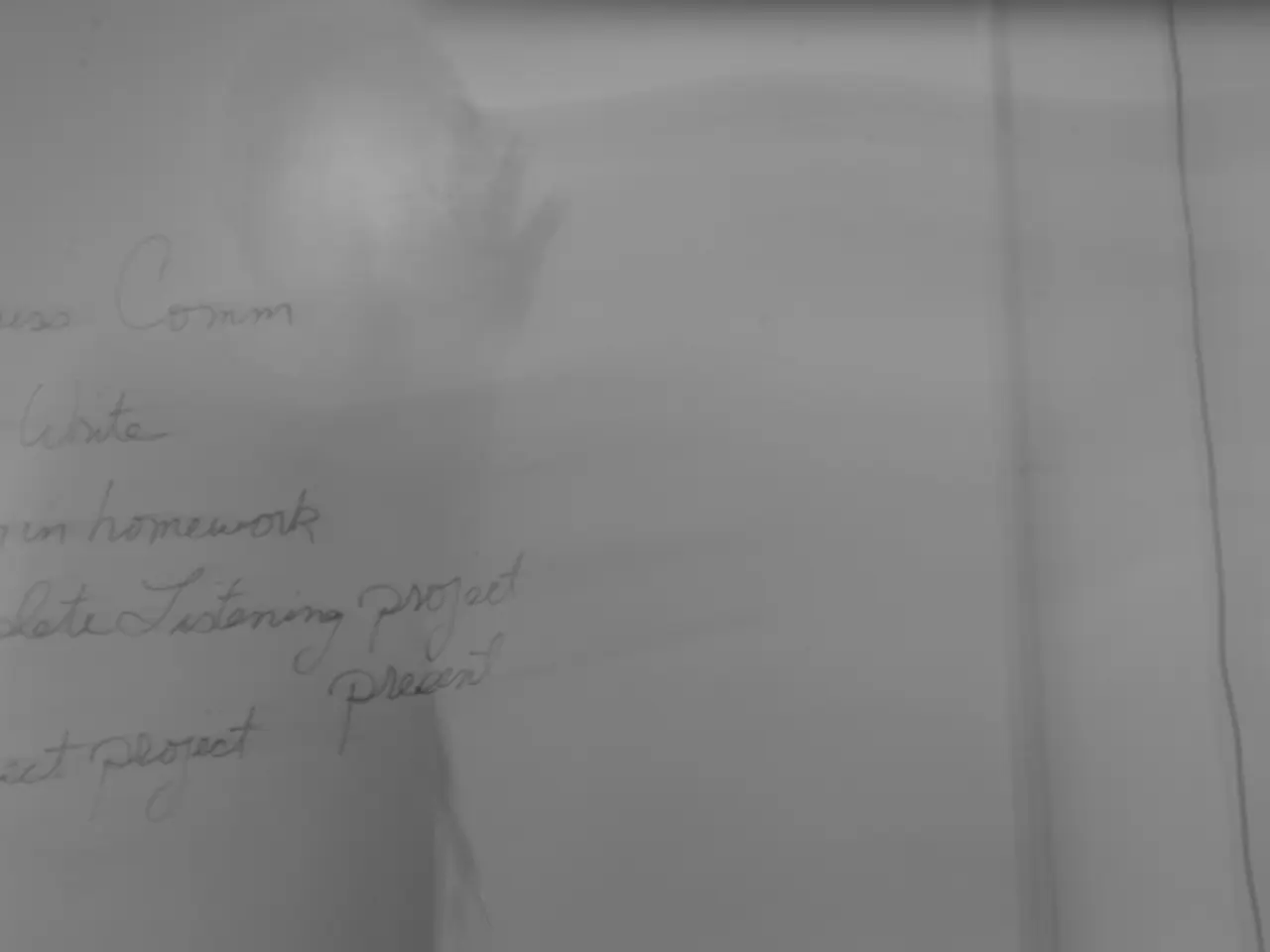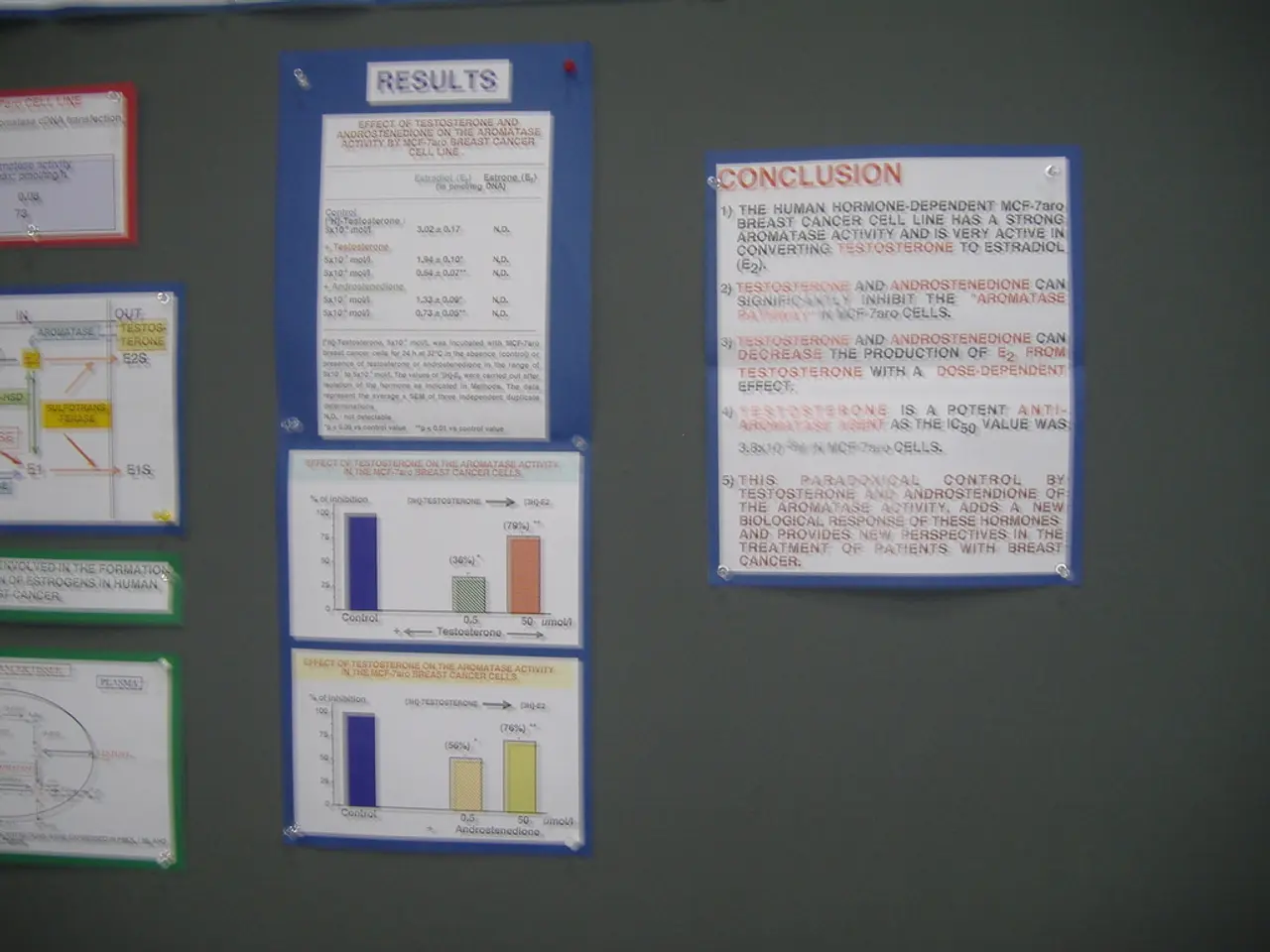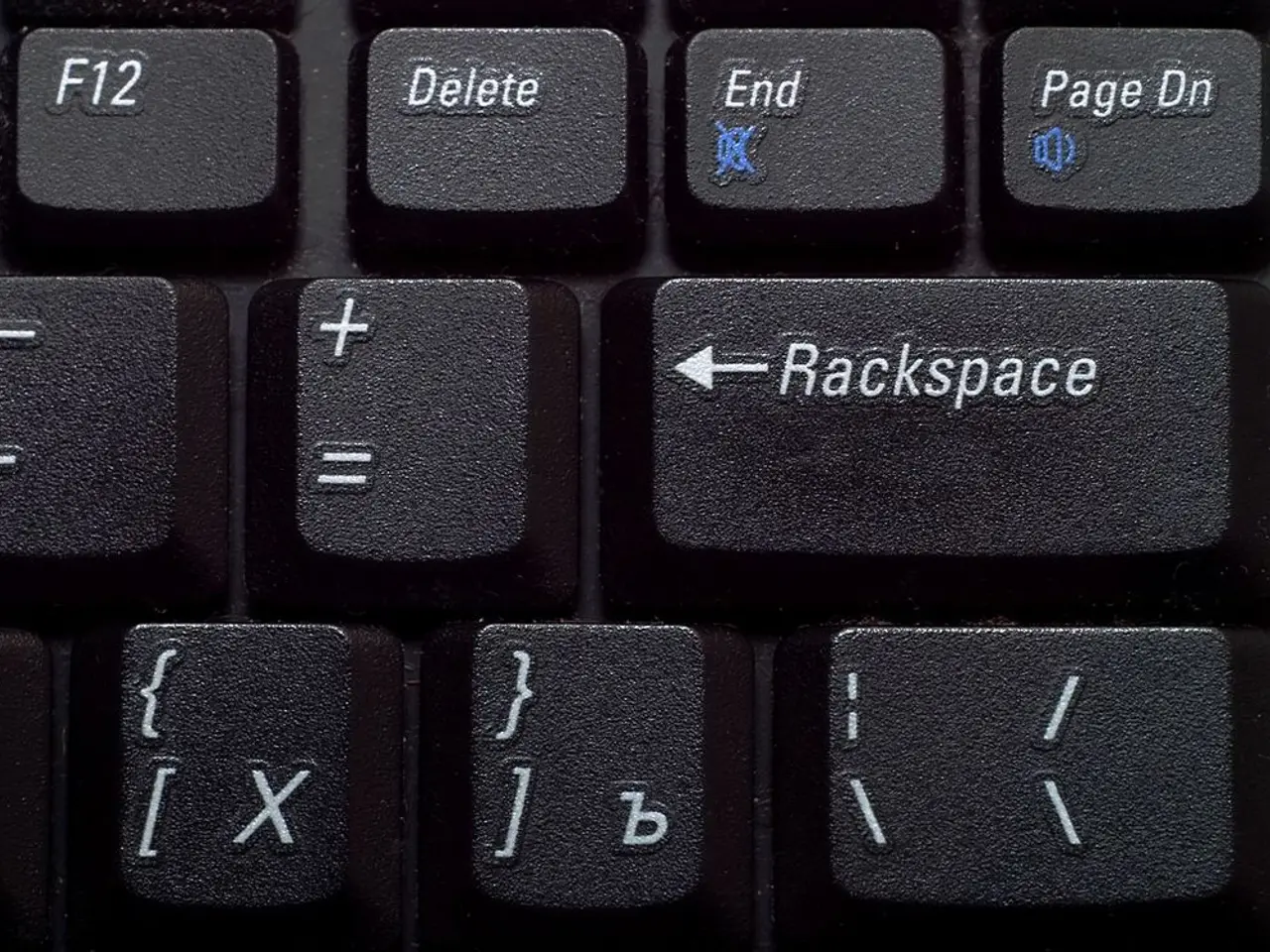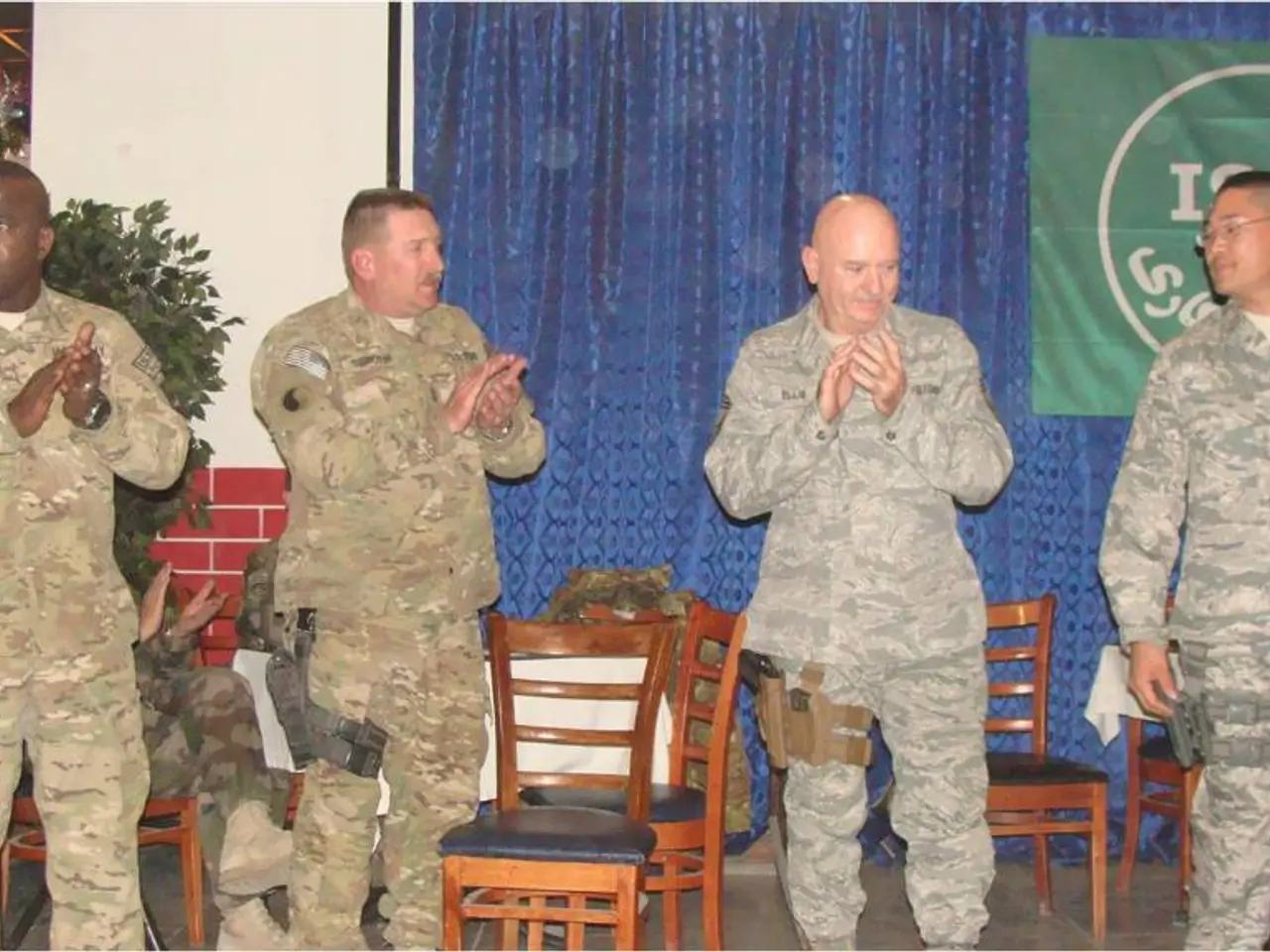Freedom and Security Guarantee: The Right to Survival and Private Autonomy
Expanding the Right to Life: A Journey Through Indian Case Law
In the heart of India's legal landscape, the right to life and personal liberty, enshrined in Article 21 of the Constitution, has undergone a transformative journey. This article delves into the key developments that have broadened the scope of this fundamental right, ensuring a dignified life for all citizens.
- The Soul of Indian Democracy
Article 21, a cornerstone of Indian democracy, guarantees protection of life and personal liberty, except according to procedure established by law. Over the years, the Supreme Court has interpreted this provision to mean that no person can have their liberty or life taken away without due process, ensuring constitutional supremacy over state actions.
- Beyond Deprivation: Expanding the Scope of Article 21
The Supreme Court has expanded the scope of Article 21 far beyond mere protection from arbitrary detention. Notable inclusions are the right to privacy, right to clean environment, right to health and medical care, right to speedy trial and fair procedure, right to education, right against custodial torture, and right to shelter.
- Landmark Supreme Court Judgments
Pivotal judgments like Maneka Gandhi v. Union of India (1978), Olga Tellis v. Bombay Municipal Corporation (1985), and Justice K.S. Puttaswamy v. Union of India (2017) have significantly shaped the interpretation of Article 21.
- Contemporary Challenges
In the face of new societal and technological contexts, the courts continue to adapt Article 21. Protecting individuals from arbitrary arrests, custodial deaths, and police brutality remains a primary concern, while technological advances necessitate vigilance to safeguard privacy rights. Environmental degradation and public health crises have broadened interpretations of living a dignified life, prompting constitutional protection of fundamental rights within these domains.
- Euthanasia: A Complex Issue
Euthanasia, the act of ending someone's life to eliminate pain or suffering, can be of two types: active and passive. Active euthanasia involves actively doing something to end a person's life, such as injecting a drug. Passive euthanasia, on the other hand, involves intentionally letting a patient die by withholding artificial life support. Passive euthanasia was allowed under strict guidelines in the case Aruna Ramchandra Shanbaug v. Union of India & Ors. (2011).
- The Need for Emphasis on Constitutional Morality
While the expansion of Article 21 rights has strengthened individual protection, some argue that the judiciary has overreached by reading rights into Article 21 beyond its original scope. However, an evolving society and emerging challenges provide grounds for a living constitution approach, balancing statutory law and expansive judicial interpretation.
In conclusion, Article 21 has evolved from a narrow provision to a comprehensive protector of multifaceted human rights, touching on privacy, environment, health, education, and procedural fairness. This evolution reflects India's commitment to upholding human dignity in its constitutional democracy.
[1] N.R. Madhava Menon, The Indian Constitution: Cornerstone of a Nation, 2005. [2] Upendra Baxi, The Future of Human Rights in India, 2006. [3] Sujit Choudhry, The Migration of Constitutional Ideas, 2013. [4] Shamnad Basheer, The Indian Patent System: Law, Policy, and Politics, 2014.
All these advancements in the interpretation of Article 21 have brought education, self-development, and an emphasis on constitutional morality into the general news discourse, as citizens eagerly follow debates on policy and legislation that relate to their fundamental rights and the welfare of the environment, economy, and society at large.
As the court addresses contemporary challenges such as maintaining privacy rights in the digital age, preventing environmental degradation, and upholding human dignity during public health crises, it is essential for politics to prioritize these matters in order to ensure a flourishing, equitable, and just society.
The ongoing expansion of the right to life and personal liberty in Indian case law, along with the subsequent political implications, has engendered intensive discussions on various platforms, including academic circles and media outlets, bringing light to the evolving nature of fundamental rights and their interconnection with societal progress.




